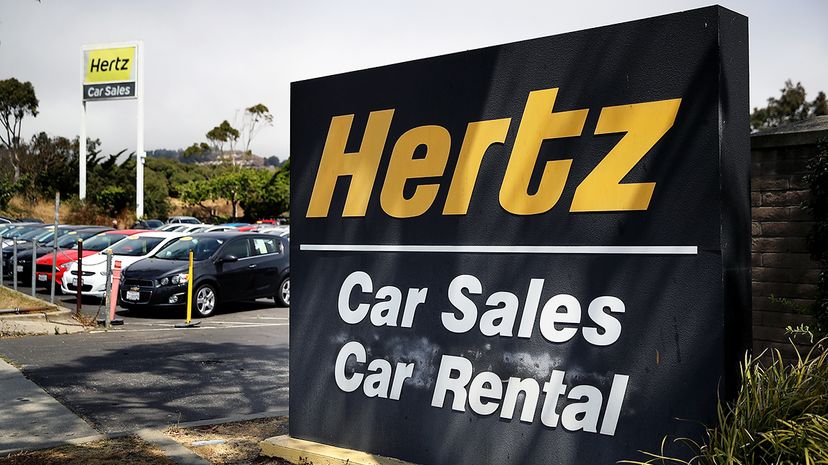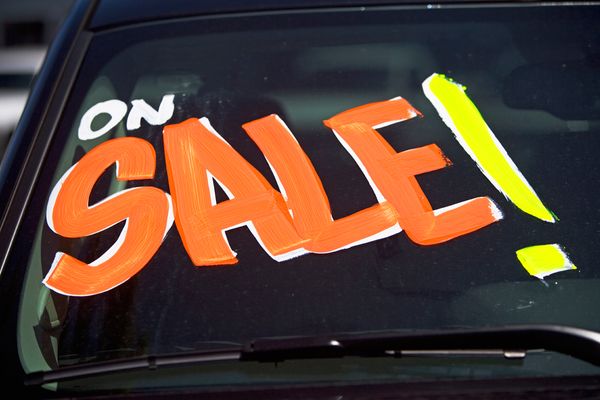
If you've ever rented a car, you might have driven it a little harder than you'd drive your own car. And, chances are, many other customers who rented it were just as "respectful" of that car as you were. So, the thought of owning that car after the rental car company's done with it might be a little scary.
If you're shopping for a later-model used car on a budget, though, this is an avenue you might want to consider. Rental car companies rotate their fleets on a regular basis, which means there's a steady supply of older cars they're looking to unload. Many of these cars end up at auctions where dealers often buy them and resell them on their lots. But some companies, like Hertz and Enterprise, will also sell former rentals directly to individuals.
Advertisement
Brian Cayle, an expert in buying and selling used cars through various sources, has extensive experience working with dealerships, auctions and fleet management. He says that when shopping for a used rental car, you should be as cautious as when negotiating any other deal.
"There are pros and there are cons," says Cayle. "It can be very, very good, and it can range to very, very bad."
Advertisement
